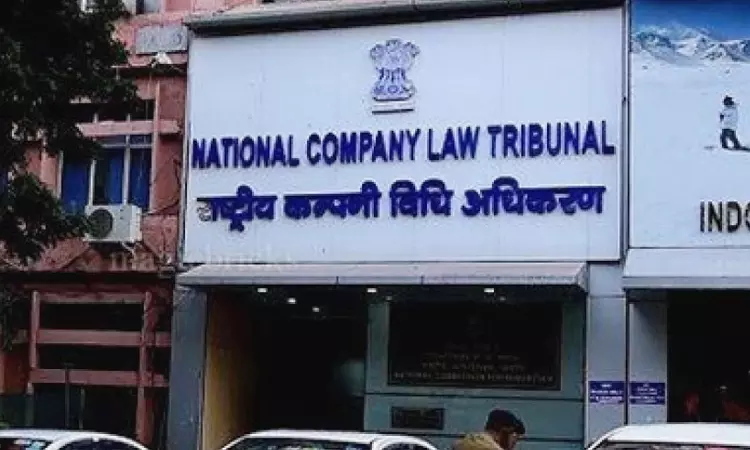Non-Redemption Of Redeemable Preference Shares In Absence Of Distributable Profits Doesn't Amount To Financial Debt: NCLT New Delhi
Mohd.Rehan Ali
22 Oct 2025 1:10 PM IST
The NCLT, New Delhi Bench, comprising Ashok Kumar Bhardwaj (Member-Judicial) and Reena Sinha Puri (Member-Technical), has held that the non-redemption of the redeemable preference shares in the absence of distributable profit doesn't amount to financial debt under section 7 of the IBC. The applicant is a financial institution and a member of a consortium of lenders. It filed the...
The NCLT, New Delhi Bench, comprising Ashok Kumar Bhardwaj (Member-Judicial) and Reena Sinha Puri (Member-Technical), has held that the non-redemption of the redeemable preference shares in the absence of distributable profit doesn't amount to financial debt under section 7 of the IBC.
The applicant is a financial institution and a member of a consortium of lenders. It filed the section 7 petition against the corporate debtor for alleged default in redemption of RPS amounting to Rs. 28.72 Cr.
Previously, a Conversion-cum-Subscription Agreement and a Master Implementation Agreement were executed by the corporate debtor, in which it had allotted 28,720,978 redeemable preference shares (RPS) of face value of Rs 10 each to the consortium lenders, including the petitioner. Initially, the redemption was due two years after allotment; however, the corporate debtor sought a further extension of two years under section 48 of the Companies Act, 2013.
The corporate debtor contended that the amount of the applicant was an investment in its share capital, which was not done with the intention of earning interest. It highlighted that the NCLAT has repeatedly held that the shareholders of a company cannot be considered as its creditors.
It further argued that the RPS, with the rights attached to it, doesn't fall under the definition of 'financial debt.' As per Section 55 of the Companies Act, 2013, preference shares cannot be redeemed except out of profits or proceeds of a fresh issue of shares. Therefore, since it neither made any profit nor issued any fresh shares, the shares cannot be redeemed.
Furthermore, it argued that since there is no redemption of the preference shares as of date, there is no debt due. Also, the holder of the RPS doesn't stand on the same footing as a creditor and cannot sue the company for redemption.
The tribunal agreed with the submission of the corporate debtor that the RPS may only be redeemed out of profits available for dividend or through proceeds of a fresh issue of shares. However, in the present case, the corporate debtor neither made the profit nor raised fresh capital, thereby making the redemption conditions unfulfilled.
The bench relied on the ruling of EPC Constructions India vs. M/s Matix Fertilisers and Chemicals Limited, Company Petition (J.B.) No. l 56/KB/2022, to uphold that the non-redemption of RPS due to non-fulfillment of conditions stipulated under section 55 of the Companies Act, 2013, would not constitute default in payment of debt.
Accordingly, the bench concluded that the non-redemption of the RPS in the absence of distributable profit doesn't trigger insolvency.
The petition was dismissed, and liberty was granted to the applicant to seek alternate remedies under company law, etc.
Case Name: REC Limited v. Rattan India Power Limited
Case No.: C.P. (IB)-265/PB/2024
Coram: Ashok Kumar Bhardwaj (Member-Judicial) and Reena Sinha Puri (Member-Technical)
Order Date: 17.09.2025



